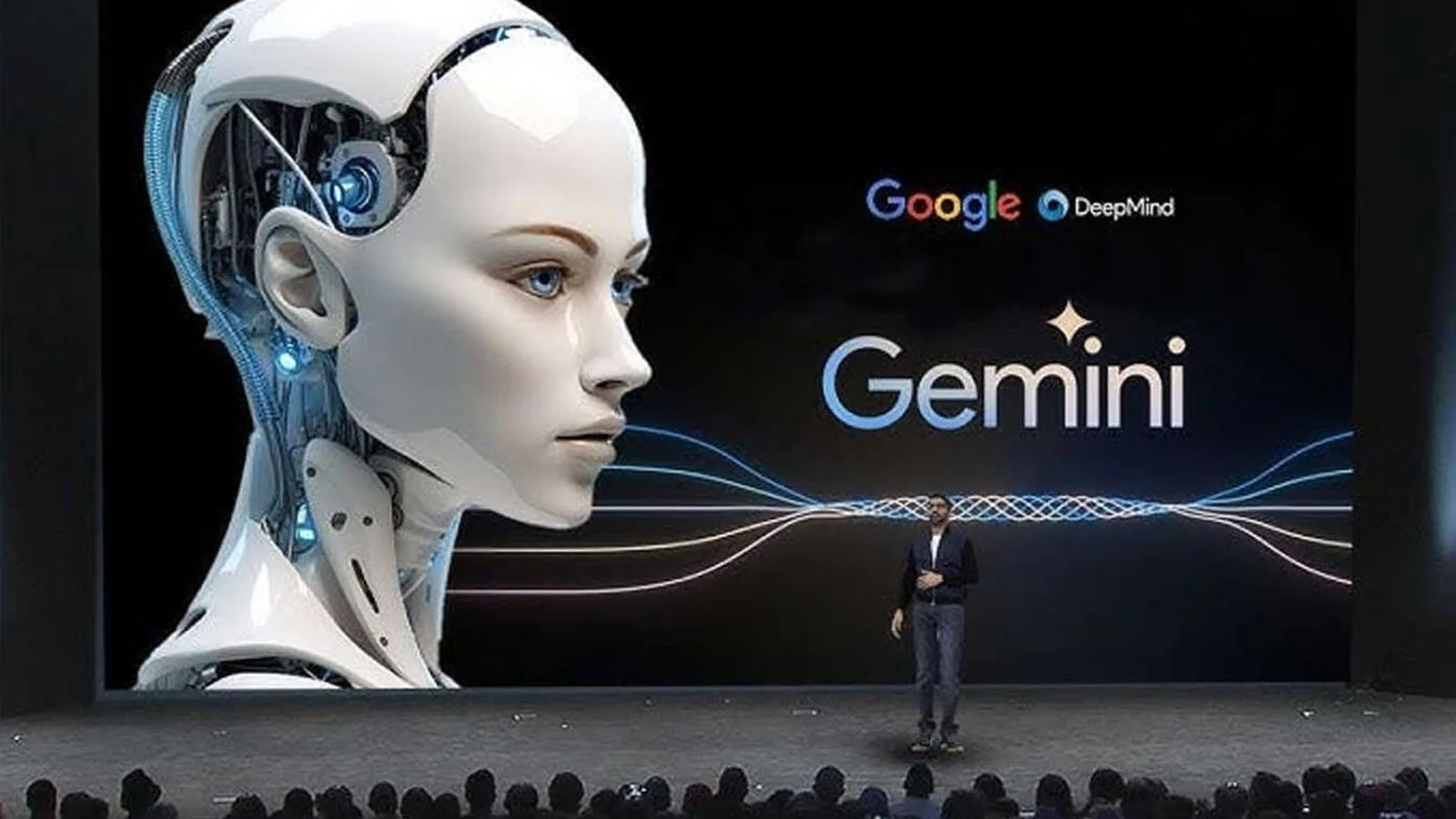In an era where artificial intelligence is reshaping every aspect of our lives, what skills will matter most for the next generation? According to Demis Hassabis, CEO of Google DeepMind and 2024 Nobel laureate, the answer is surprisingly fundamental yet profoundly transformative: learning how to learn.
Speaking recently in Athens at the foot of the Acropolis, Hassabis delivered a message that should resonate with educators, students, and professionals across all industries. As AI continues its rapid advancement, the ability to adapt and acquire new knowledge efficiently isn’t just an advantage—it’s becoming essential for survival in tomorrow’s workforce.
The Acceleration Problem
Hassabis warned that AI is advancing so quickly that even predicting the near future has become increasingly difficult. This unprecedented pace of change means that specific technical skills, once valuable for decades, may become obsolete within years or even months. Traditional educational models, designed for a more stable world, are struggling to keep pace with this reality.
The neuroscientist, chess prodigy, and Nobel Prize winner emphasized that we may see artificial general intelligence arrive within a decade—a timeline that would compress centuries of anticipated change into just a few short years. This acceleration creates an entirely new challenge: how do we prepare for a future we can barely imagine?
Meta-Skills: The New Educational Currency
Rather than focusing on specific technical competencies, Hassabis advocates for developing “meta-skills”—higher-order capabilities that enable continuous adaptation and growth. These include:
Adaptive Learning Strategies
The ability to quickly assess new information, identify the most effective learning approaches for different types of content, and adjust methods based on what works best for individual circumstances.
Multidisciplinary Knowledge Pursuit
Rather than siloing expertise in narrow fields, the future belongs to those who can draw connections across domains, combining insights from science, arts, technology, and humanities to solve complex problems.
Rapid Skill Acquisition
Developing frameworks and methodologies for quickly mastering new competencies as they become relevant, rather than spending years in traditional educational programs.
Why This Matters More Than Ever
The traditional career model—where individuals developed expertise early and relied on it throughout their working lives—is becoming extinct. Tomorrow’s professionals will need to reinvent themselves multiple times, potentially across entirely different fields. Those who master the art of learning itself will have a sustainable competitive advantage.
Consider the implications across various sectors:
Healthcare: Medical professionals must continuously integrate AI tools, genomic advances, and personalized medicine approaches into their practice.
Education: Teachers need to adapt to AI tutoring systems, virtual reality learning environments, and completely new pedagogical models.
Business: Entrepreneurs and executives must navigate AI-driven automation, new business models, and rapidly evolving consumer expectations.
Creative Industries: Artists, writers, and designers are learning to collaborate with AI tools while maintaining their human creativity and vision.
Practical Steps for Developing Learning Agility
1. Embrace Curiosity as a Core Value
Cultivate genuine interest in understanding how things work, why systems behave as they do, and what connections exist between seemingly unrelated concepts.
2. Practice Learning Transfer
Actively look for ways to apply knowledge from one domain to problems in another. This cross-pollination of ideas strengthens cognitive flexibility and creative problem-solving abilities.
3. Develop Pattern Recognition Skills
Train yourself to identify underlying principles, structures, and patterns that remain consistent even as surface details change. This helps in rapidly understanding new contexts.
4. Build Learning Communities
Surround yourself with people who are also committed to continuous growth. Peer learning and knowledge sharing accelerate individual development.
5. Experiment with Different Learning Modalities
Discover whether you learn best through visual, auditory, kinesthetic, or reading-based approaches—then develop competency in all modalities to maximize your adaptability.
The Educational Revolution We Need
Hassabis’s insights point toward a fundamental transformation in how we approach education. Instead of front-loading knowledge acquisition in the early years of life, we need systems that support lifelong learning journeys. This includes:
- Modular Learning Paths: Educational content that can be assembled and reassembled based on emerging needs and interests.
- Just-in-Time Learning: Resources available precisely when needed rather than years in advance of application.
- Learning Analytics: Personal dashboards that help individuals understand their learning patterns and optimize their approaches.
- Cross-Disciplinary Integration: Programs that deliberately break down subject silos and encourage interdisciplinary thinking.
Preparing the Next Generation
For parents, educators, and policymakers, Hassabis’s message is clear: we must prioritize adaptability over memorization, curiosity over compliance, and learning processes over learning products. This means:
Encouraging Exploration: Rather than pushing children toward predetermined career paths, we should help them develop the confidence and skills to navigate uncertainty.
Teaching Failure as Learning: Creating environments where experimentation is valued and setbacks are viewed as data rather than defeat.
Modeling Continuous Growth: Adults must demonstrate their own commitment to learning, showing young people that education never truly ends.
The Human Advantage in an AI World
While AI systems excel at processing information and recognizing patterns within their training data, humans retain unique advantages in creativity, emotional intelligence, ethical reasoning, and the ability to learn from limited examples. However, these advantages will only matter if we can continuously adapt and apply them in new contexts.
The individuals who thrive in tomorrow’s world won’t necessarily be those with the highest IQs or the most prestigious degrees. Instead, they’ll be those who have mastered the art of learning itself—who can quickly acquire new knowledge, adapt to changing circumstances, and find innovative solutions to novel problems.
A Call to Action
Demis Hassabis’s message isn’t just a prediction about the future—it’s a call to action for the present. Whether you’re a student choosing courses, a professional planning career development, or an educator designing curricula, the question isn’t what specific skills you should focus on, but rather how you can become more effective at learning itself.
The future belongs to the perpetual learners, the intellectually curious, and those who see change not as a threat but as an opportunity to grow. In a world where the only constant is change, learning how to learn isn’t just the most important skill—it’s the skill that makes all other skills possible.
As we stand on the brink of the AI revolution, our greatest competitive advantage isn’t in competing with machines at what they do best, but in becoming exceptionally human at what we do best: adapting, growing, and learning our way into an uncertain but extraordinary future.



